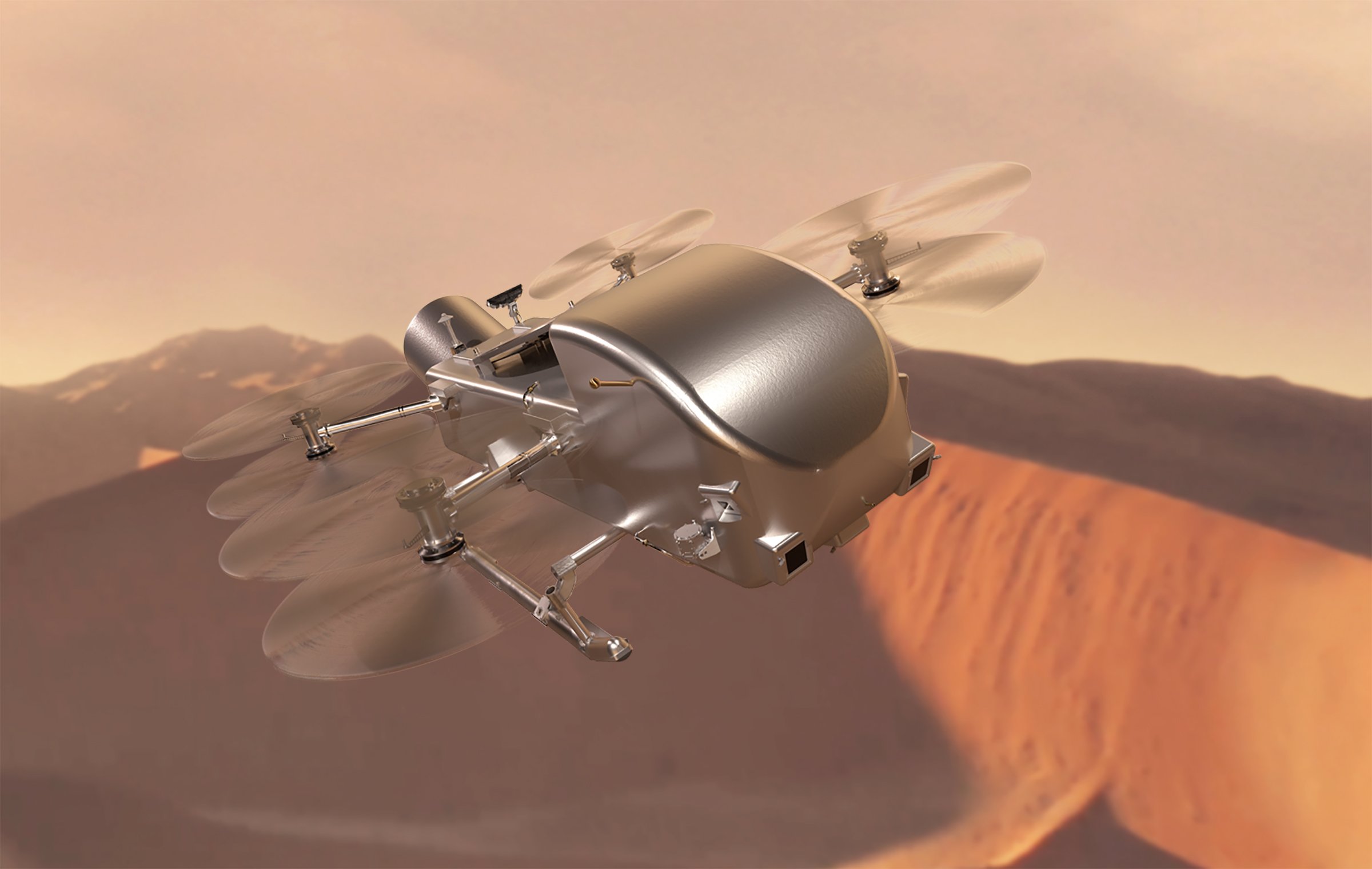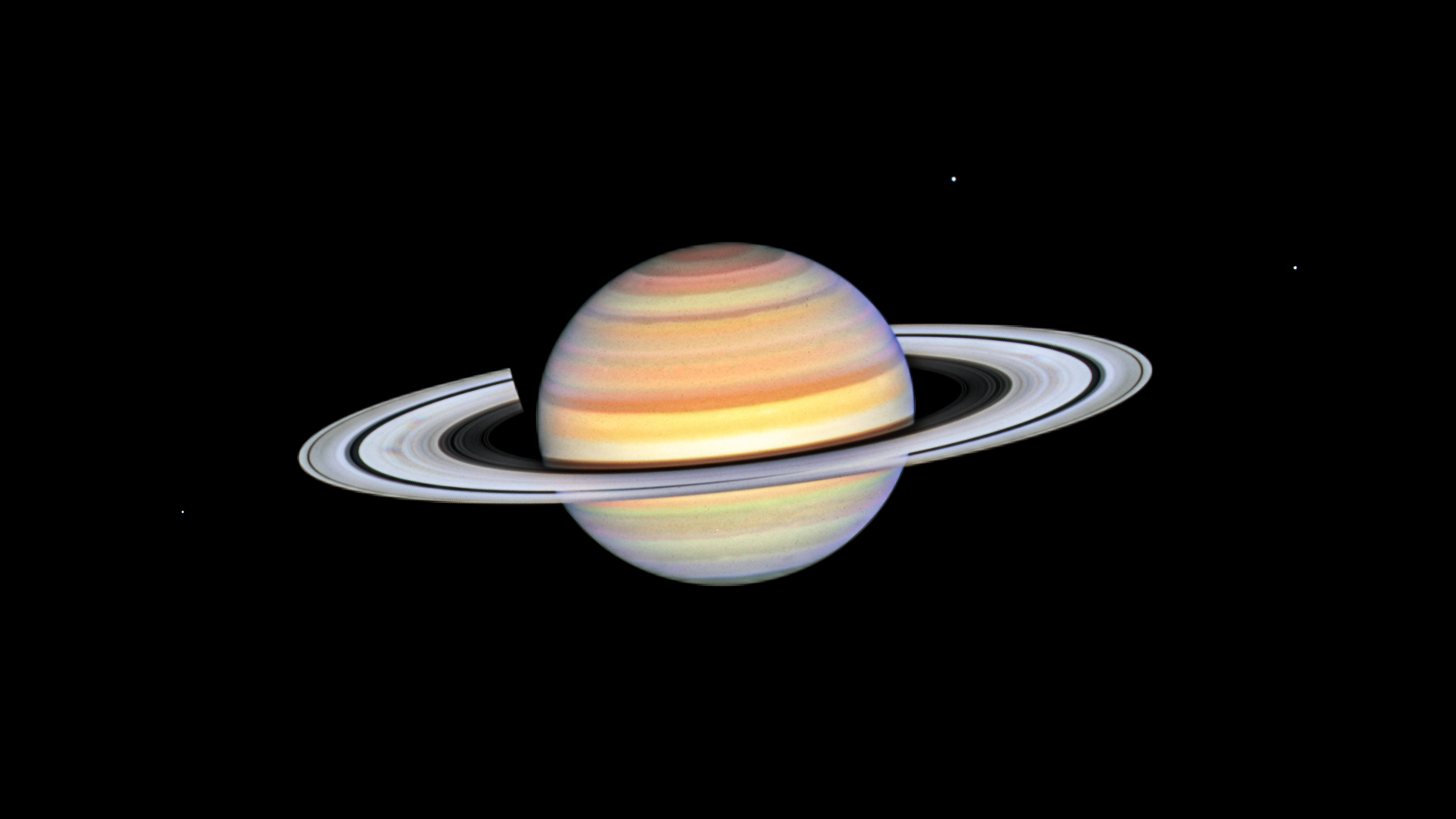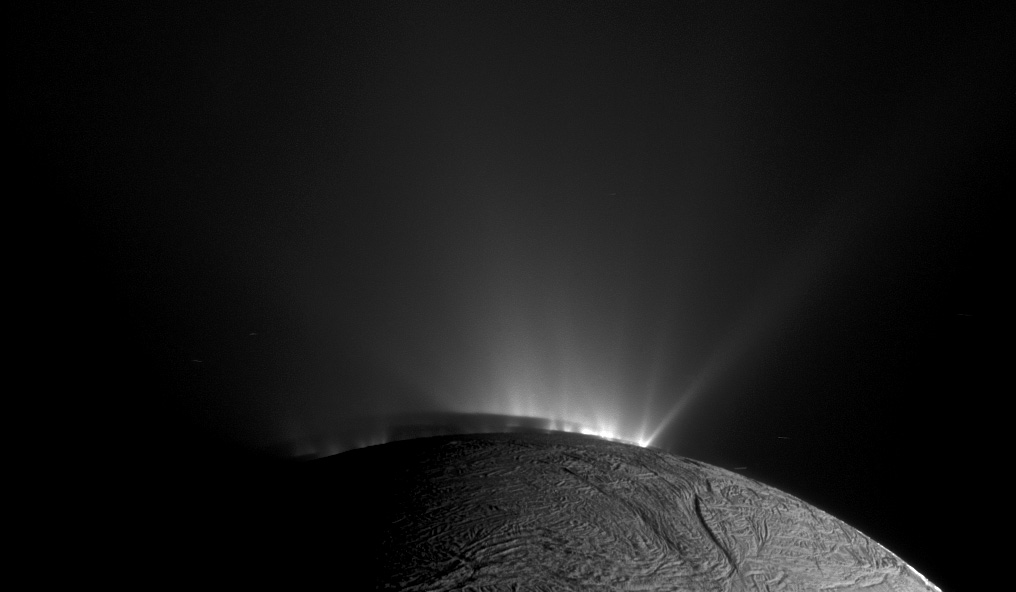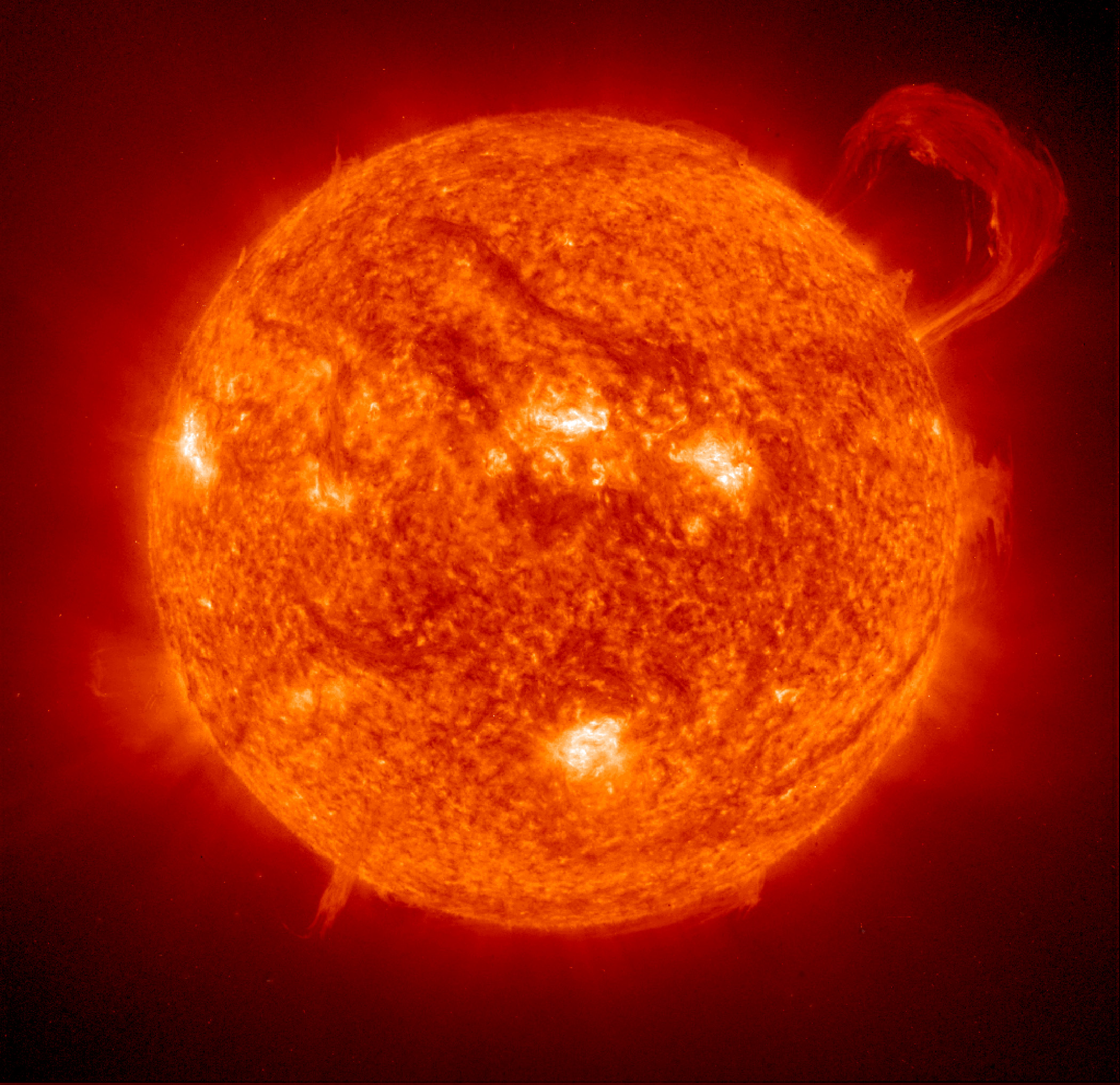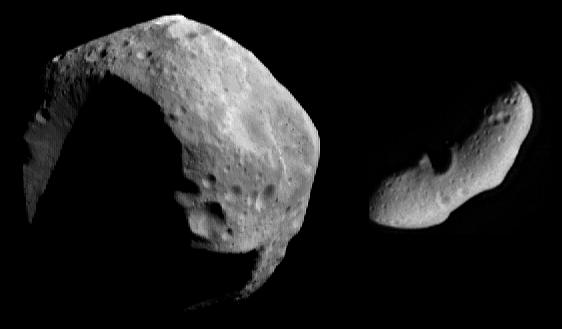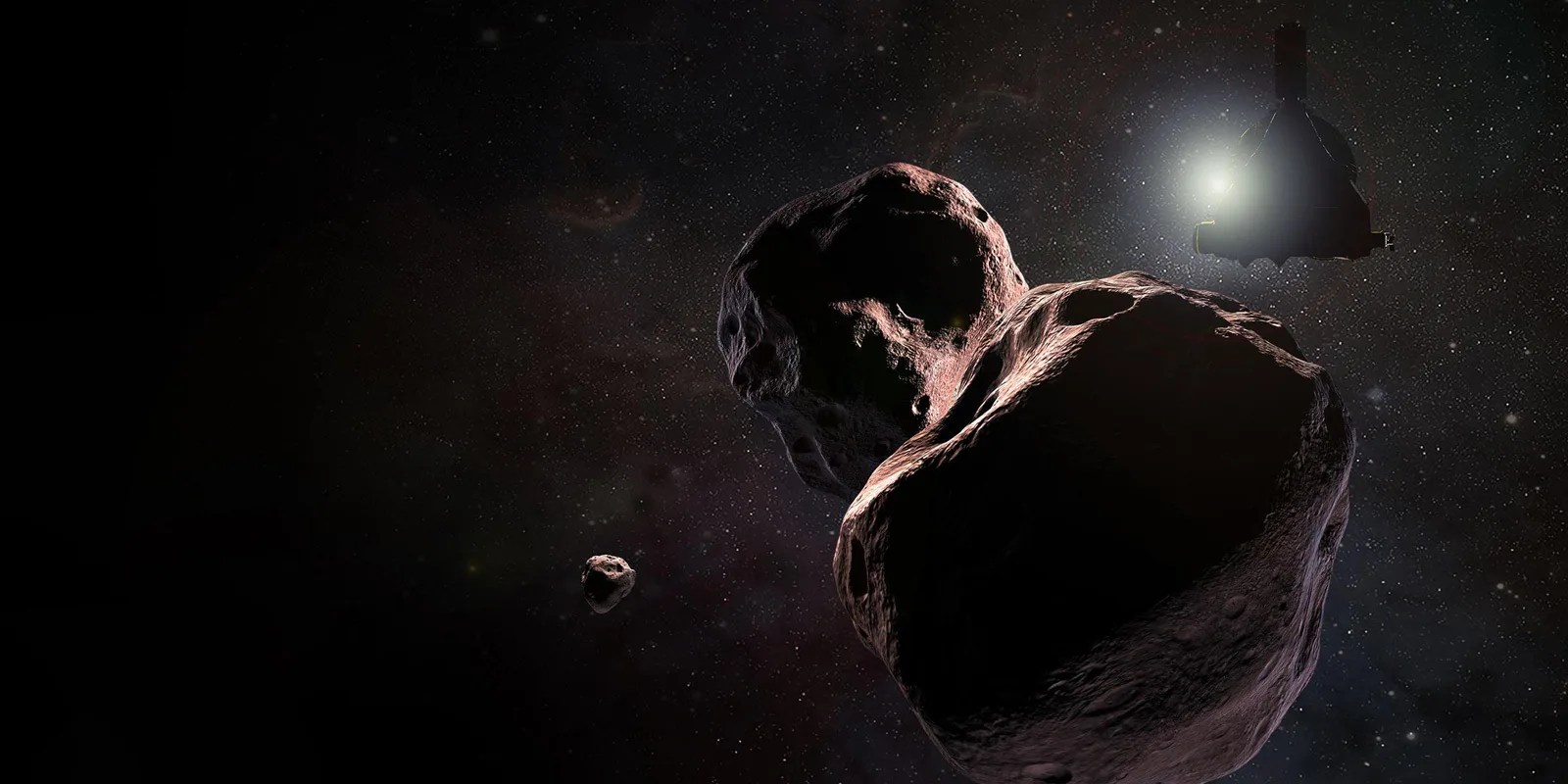3 min read
Information on the present position and speed of the Cassini spacecraft may be found on the "Present Position" page at: http://saturn.jpl.nasa.gov/operations/present-position.cfm
The most recent spacecraft telemetry was acquired on July 7 from the Deep
Space Network tracking complex at Goldstone, California. The Cassini
spacecraft is in an excellent state of health and all subsystems are
operating normally.
Tuesday, June 30 (DOY 181)
The Ultraviolet Imaging Spectrograph (UVIS) performed Saturn system scans
for six out of the eight reporting days this week to observe atomic oxygen
and hydrogen. Imaging Science (ISS) observed various satellites with the
narrow angle camera as part of an ongoing satellite orbit campaign, and the
Composite Infrared Spectrometer (CIRS) performed observations to quantify
the amount of polarization present in the thermal infrared emission of the
rings. The purpose of this observation was to gain insight into the regolith
properties of ring particles, their shape, and the “clumpiness” of ring
particles.
Orbit Trim Maneuver (OTM) #204 was performed today. This is the apoapsis
maneuver setting up for the Titan 58 encounter on July 8. The reaction
control subsystem burn began at 6:45 pm PDT. Telemetry immediately after the
maneuver showed the burn duration was 9.13 seconds, giving a delta-V of
16.04 mm/s. All subsystems reported nominal performance after the maneuver.
Today is the first anniversary of the completion of the Cassini Prime
Mission and completes the first year of the Cassini Equinox Mission.
The Cassini-Huygens Analysis and Results of the Mission (CHARM)
teleconference for June addressed the topic: " Cassini Huygens Mission to Saturn Fifth
Anniversary,” Part 1 – Highlights of Saturn and Saturn’s Magnetosphere. A copy of the
presentation is available at: http://saturn.jpl.nasa.gov/video/products/MultimediaProductsCharm/
Wednesday, July 1 (DOY 182)
An encounter strategy meeting was held today to cover the period between
July 8 and July 24, Titan flybys T58 and T59, and maneuvers 206-208.
Thursday, July 2 (DOY 183):
The Visual and Infrared Mapping Spectrometer (VIMS) performed a “solar port
to sun” instrument calibration today, and then a stellar calibration with
Alpha Centauri as the target.
Friday, July 3 (DOY 184):
As a consequence of the excellent accuracy achieved with OTM #204, a bias in
the time of closest approach to T58 would have been needed to be designed
into the OTM #205 maneuver commands in order to have the delta-V magnitude
reach the minimum maneuver size. As a result of this modification,
performing the maneuver would have caused a larger arrival time miss at T58
than canceling the maneuver altogether. Therefore, OTM-205 was canceled.
From Friday through Sunday, instrument activities included a 6-hour
Magnetometer calibration roll, magnetospheric boundary campaign
observations, a CIRS far-IR mapping scan of the northern hemisphere of
Saturn to determine hemispheric thermal structure of the upper troposphere,
a Titan cloud monitoring campaign, and an observation of the rings to map
the thermal emission at a variety of viewing geometries to help understand
ring particle properties and ring dynamics.
Monday, July 6 (DOY 187):
S53 has entered the Preliminary Sequence Integration and Validation (PSIV)
portion of the last sequence development process prior to uplink. Cycle 1
products have been distributed to the flight team for review. In addition,
RADAR has requested simulation in the Integrated Test Laboratory (ITL) for a
synthetic aperture RADAR activity during the T61 flyby. The first meeting
to support this activity will occur tomorrow with personnel from the
Spacecraft Office, ITL, and RADAR along with the sequence leads
participating. Finally, the PSIV Science Allocation Panel meeting has been
cancelled, as negotiations for DSN tracks during execution are not yet
complete.

